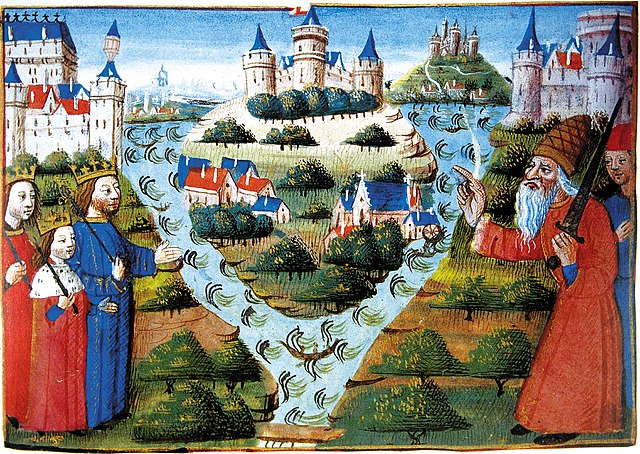
| Further Reading | The 3 Biggest Medieval Kingdoms In Europe |
The medieval period lasted from the 5th century all the way up through the 16th century. During this time period, medieval kings would slowly begin to accumulate more and more power. If you lived in the early medieval period a king might have only been another noble, however by the end of the medieval period the king was an almost divine figure who held absolute power.
Simply put, medieval kings would slowly become more and more powerful for 3 reasons. First, over the medieval period, the noble class across Europe would become more subdivided and fight among themselves. Second, the rising power of the clergy often worked with kings to cement their rule and increase their power. Third, across medieval Europe, the peasantry population exploded causing the king to grow in economic power.
These 3 reasons are why medieval kings would grow to dominate all power in the late medieval period. Here at The History Ace, I strive to publish the best history articles on the internet. If at the end of this article you enjoyed it then consider subscribing to the free newsletter and sharing it around the web.
Without further ado, here is why medieval kings became more powerful over time.
Medieval Kings Became More Powerful Because Of Nobles Fighting Among Themselves
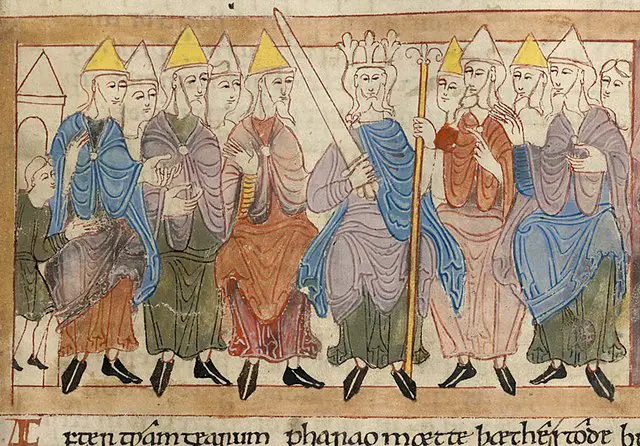
One of the main reasons why medieval kings became more powerful was because the nobility of the kingdoms of Europe fought among themselves. Over time this infighting would lead to a weakening of the nobility of Europe and the rise of centralized authority under the kings.
During the early medieval period, most of the kings and upper nobility and the king held similar political power. While the king was in charge there was a general consensus that the nobility would be able to provide guidance or even overrule the king’s decision.
An example of the nobility turning on the King during the early medieval period can be seen in King Louis the Pious’s many wars he fought with his nobility around the Carolingian empire from 814-843. Here, King Louis the Pious would attempt to reduce the power of the nobility within his kingdom and create a civil war.
During the middle of the medieval period, the crusades significantly weekend the power of the nobility of medieval Europe. During the first crusade alone a force of around 100,000 nobles and men-at-arms traveled from Europe to Constantinople in the summer of 1096. The subsequent crusade created a power vacuum in Europe which helped Kings consolidate power further over their realm.
By the late medieval era, Kings and Queens were the defacto rulers of Europe. This was because the kings had for hundreds of years reduced the power of the nobility to the point of a support group. This can be seen during the Hundred Years’ War which lasted from 1337-1453 and was a land grab claim by the kings of France and England over who should inherit the Capetian dynasty of western Europe.
As we can see during the early medieval period the nobility held considerable power over inter-kingdom politics. Often these nobles had enough power to challenge the king. However, as the medieval era progressed the power of the nobility was slowly weakened by infighting and resulted in Kings seizing more power for themselves.
The Rising Power Of The Clergy Resulted In A Growing Power Of Monarchy In Medieval Europe
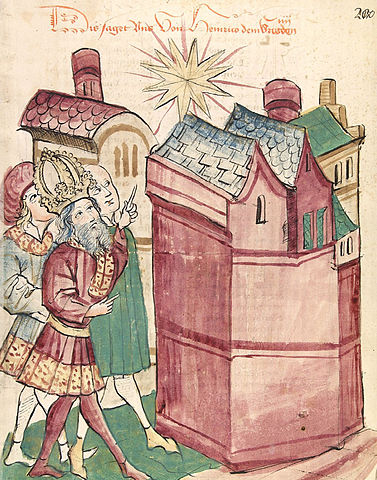
Another reason that the medieval king became more powerful over time was because of the growing power of the European church to cement their power.
The first Frankish kings saw the power of the papacy to cement their rule over the nobility and people of Europe. King Clovis I in the late 5th and early 6th century was the first ‘European’ king to seek the blessing of the papacy to rule over the peasantry of modern France.
This gave Clovis the right to rule by divine authority. Historians are unsure how effective this divine authority was during the early medieval period. Chance is that while it was important it was not vital as multiple civil wars broke out in western Europe from the 5th-8th/9th century.
However, something started to happen in the 10th century. Religion as a whole became a powerful tool to cement the authority of a monarch over their subjects. Kings would begin to both fight and seek the aid of the European papacy in cementing their rule.
In the 11th and 12th centuries, this came to a climax with the Investiture Controversy. Here the Holy Roman Emperor Henry IV began to challenge the authority of Pope Gregory VII in who gets to appoint and install bishops across medieval western Europe.
During this conflict, there were about 50 years of civil war across modern Germany and France. In the 12th century, the king and pope made amends and an agreement was made that would cement the power of kings and the papacy for the rest of the medieval period.
During the late medieval period, kings would hold absolute authority over their subjects. This was because of a general consensus that kings were appointed by a divine right. As a result of this kings over the medieval period would become more powerful and become absolute rulers.
During The Medieval Period, There Was A Population Explosion In Europe Which Resulted In Kings Becoming More Powerful
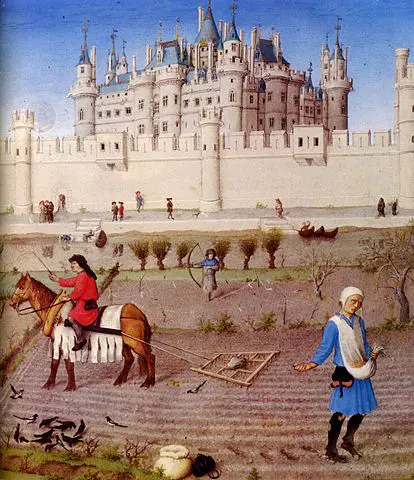
Another reason why medieval kings became more powerful during the medieval period was because of the rapid expansion of the population in Europe during the 9th-13th centuries.
Historians are unsure why the population of Europe rose so drastically during the middle of the medieval period. A group of environmental historians proposes the theory that the earth began to warm which resulted in year-round farming environments in much of southern France, Germany, and Italy.
As a result of this, the population of Europe exploded. With this rise in population came a rise in peasants who could work the nobilities fiefs. On top of this, there was a rise in total taxes able to be extracted from western medieval Europe.
With everything else that was happening to increase the king’s power over their realm now, they were also becoming wealthier. During the late medieval period, the wealth of kings rose dramatically as they began to directly tax an emerging middle class of merchants.
Unlike the early and middle parts of the medieval era now Kings were directly becoming extremely wealthy from their subjects. This resulted in kings slowly over time becoming more powerful as the wealth of medieval Europe began to pool in their treasury.
Conclusion
There you have it; an article going over why medieval kings became more powerful over time.
The study of medieval power and economics is a fascinating subject. Many people don’t understand just how powerful kings would become by the late medieval period. By the time of the 15th century, a medieval king held nearly absolute power over their subjects outside of a few examples.
Here at The History Ace, I strive to publish the best history articles on the internet. If you enjoyed this article then consider subscribing to the free newsletter and sharing it around the web.
Further, you can check out some of the other articles below.
-
How The American Revolution Changed The World
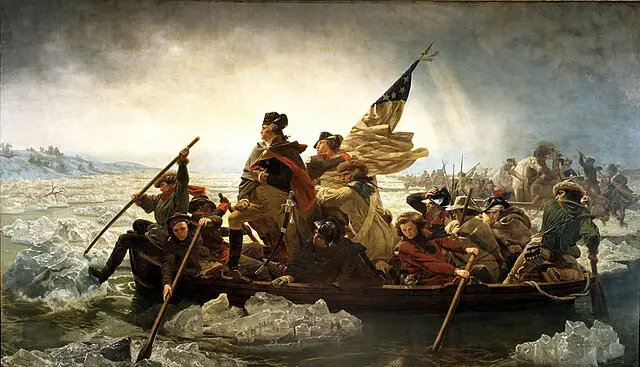
Here is how the American Revolution changed the world. Many people are not aware of just how important this event actually was.
-
Why The Roman People Loved Chariot Racing
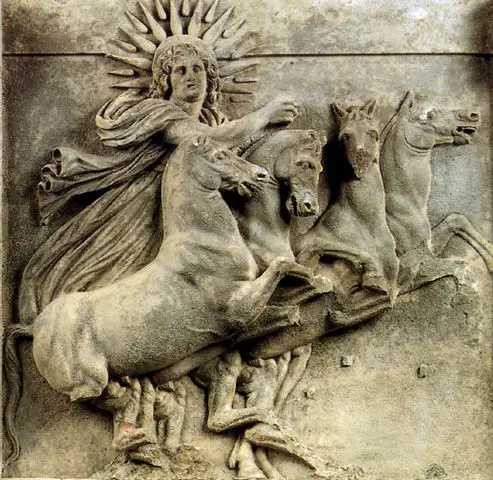
Why did the Roman people love chariot racing? Well it all comes down to these 3 reasons.
-
The Design and Color of Roman Chariots
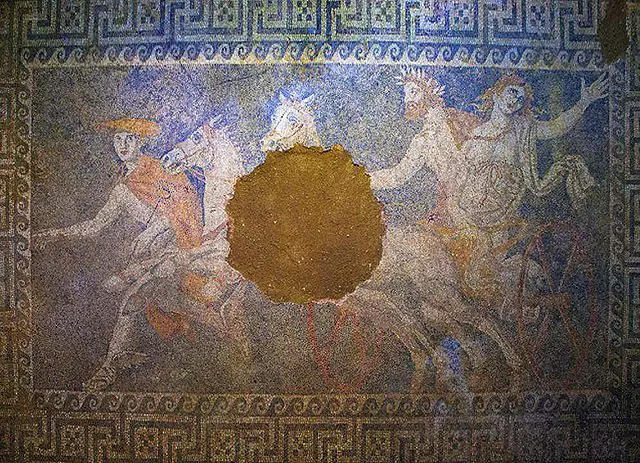
What was the design and color of Roman Chariots? Were they faster or slower then normal chariots? Well here is everything!
Sincerely,
Nick